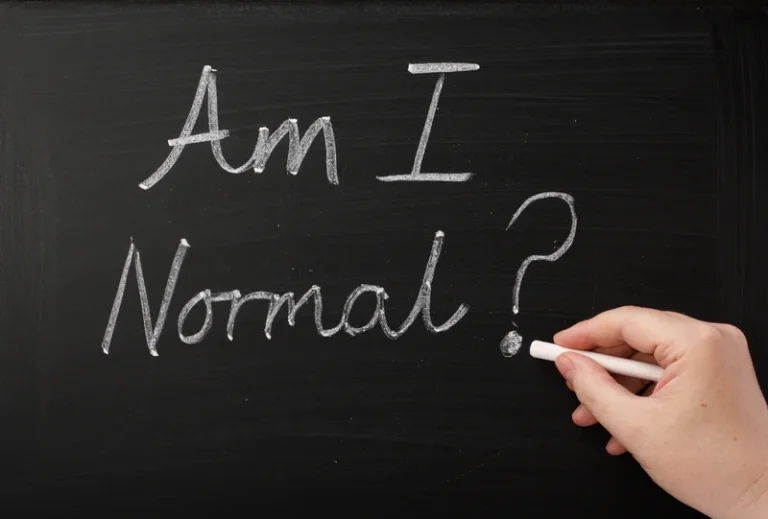
If you drink a lot, you how to take a break from drinking might notice heart symptoms that seem to be worse—like palpitations and higher blood pressure—when you first stop drinking. Those initial disturbances should calm within two weeks. If you’re more of a moderate to occasional drinker, you may find the hardest part of stopping drinking to be the social pressures. Try replacing your usual cocktail or beer with a nonalcoholic option, including many of the now popular mocktails available so you can still enjoy social time with friends without having alcohol in the mix.
Just note that you might overdo it if you start drinking again.
Beyond the safety considerations, medical detox is a more comfortable, pleasant experience. Your healthcare team will help treat each symptom as soon as it develops and equip you for success. This can help you avoid much of the unpleasantness that can occur as withdrawal symptoms develop. Alcohol can cause inflammation and damage to your liver when used heavily over prolonged periods.

7 Days
Even deciding to become sober and following through on it can be a powerful catalyst for repairing relationships, demonstrating how serious you are about focusing on others. Relationships are complicated, https://ecosoberhouse.com/ and each one will develop and heal in different ways and timeframes. Stopping alcohol, however, can make healing possible that would not be otherwise.

What happens to your body when you stop drinking?
However, when you drink in excess, the enzyme gets saturated and is metabolized by a different enzyme. The less you drink, the lower your risk of alcohol-related harm. If you suddenly have a craving for alcohol, try doing some vigorous exercise or doing something you love instead. These things release the same feel-good chemicals in your brain as alcohol. They won’t make you feel intoxicated like alcohol but they may make you feel happier and more relaxed.
Develop and lean on a support system
Even if you don’t experience these symptoms and just want some extra help, it’s worth reaching out. “If you find that you are trying to stop repeatedly without success, getting professional help from a therapist or outpatient program may give you the best chance of wide-reaching recovery,” adds Mehta. If you’ve thought about it and want to try sobriety, for a brief period of time or for who-knows-how-long, getting started can be simpler than you think. It’s OK — and, in fact, very normal — if you’re feeling ambivalent about changing your relationship with alcohol, says Ellinwood. If you feel comfortable doing so, discuss your challenges with your primary healthcare professional. Finding a therapist can also be a great starting point if you’re uncomfortable opening up to your healthcare professional.

If you’re not sure if your drinking crosses a certain line or not, try measuring your alcohol intake. The experience of withdrawing from alcohol can be uncomfortable and difficult. Some people may relapse, or drink alcohol again, to relieve the symptoms.
- But I still have a good time, and the occasional early exit feels like a small price to pay for feeling fresh the next day.
- Encourage your friends to meet up in the morning for breakfast, for example, or suggest healthy activities where alcohol is less likely to be present.
- The irony of alcohol is that we often drink to feel relaxed, to tamp down anxiety.
- But over time, White says, this can lead to escalating levels of anxiety.
- For example, the concept of having a dry month (abstaining from alcohol during Dry January) has become more prevalent.
Use resources by the National Institute on Alcohol Abuse and Alcoholism (NIAAA)
If you’re experiencing severe symptoms of alcohol withdrawal, be sure to talk to a healthcare provider. As for the health effects, White says it’s been clear for a long time that heavy drinking takes its toll, but now there’s emerging evidence that — even for moderate drinkers — a break from alcohol can be beneficial. “There is early evidence that even taking a one month break from fairly low levels of consumption reduces some burden on the liver,” White says. Will quitting drinking solve all of your problems, in health and in life?
You’ll Sleep Better
But if you’re new to sober curiosity, you may not know where to begin thinking about your relationship with alcohol. If you drink in excess, cutting out alcohol for a period of time can help your liver, heart, and body composition. If you’ve decided to take a break from drinking alcohol, you’re not alone. Breaking the booze habit, whether it’s for 30 days or longer, has its benefits.

If you’re ready to drink less, here’s how to start
It’s also a good way to communicate to your friends your choice to quit drinking, so they can better support you. Before your planned break from alcohol, spend a week or two monitoring the amount you drink and when. Relying on intention and willpower to stop drinking, even for a short period, is not usually enough. Resisting temptation takes up a lot of brain power and eventually your brain gets tired and gives in. “Just get a sparkling water, put a lime in it, and have fun,” he says. No matter your situation, Dr. Das emphasizes the power of enlisting help as you embark on a life sans booze.
